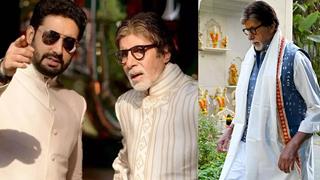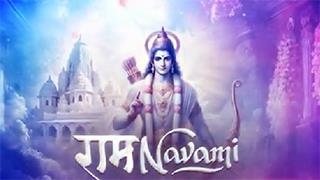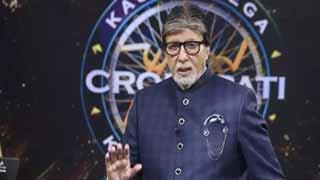Vivid Description of the Tragedy: A Nation in Mourning
Bachchan's message, posted on X (formerly known as Twitter), offered a vivid and gut-wrenching account of the horrific terror incident. With words that bled sorrow and outrage, he painted the scene:
"While families were celebrating, a monster dragged an innocent couple from their home, stripped the husband, and executed him in cold blood — even as the wife pleaded for mercy on her knees. Her cries were ignored. Her husband was killed. She was left a widow."
These lines not only captured the brutality of the attack but also served as a stark reminder of the vulnerability of civilians in conflict zones like Pahalgam in Jammu and Kashmir.
Harivansh Rai Bachchan’s Poetry Adds Emotional Depth
Bringing a deeper poetic resonance to his message, Bachchan quoted his father, the legendary poet Harivansh Rai Bachchan, with a haunting line:
"Hai chita ki raakh par maangti sindoor duniya."
(“The world seeks vermillion from the ashes of a funeral pyre.”)
This profound metaphor highlighted the cruel irony of seeking beauty and celebration in the aftermath of death and destruction. It emphasized the pain of widowhood and the symbolic cost of sacrifice, echoing the grief felt across the nation.
Operation Sindoor: A Symbol of Justice and Retaliation
Bachchan then referenced Operation Sindoor, India’s bold military response to the terror strike. With the emphatic line:
"De diya sindoor!"
(“Vermillion was given indeed.”)
He tied the symbolic vermillion — often associated with marriage, love, and commitment — to the military retaliation, suggesting that justice was not only served but also sanctified by the blood and bravery of the Indian soldiers.
The choice of the word “Sindoor” in the operation’s name, and in his tribute, drew a chilling yet noble connection between loss and honor, grief and glory.
Agneepath: A Call to Resilience and National Spirit
To end his post, Bachchan invoked lines from one of the most iconic poems in Indian literature — “Agneepath”, written by his father and immortalized in his 1990 film of the same name. He quoted:
"Tu na thamega kabhi, tu na mudega kabhi, tu na jhukega kabhi — kar shapath, kar shapath, kar shapath! Agni Path! Agni Path! Agni Path!"
(“You will never stop. You will never turn back. You will never bow down. Take an oath! The path of fire!”)
These words served as a rousing call to courage, perseverance, and unwavering strength, both for the citizens of India and the braveheart soldiers who defend its borders.
A Return with Purpose: Amitabh Bachchan’s Voice for the Nation
This post was more than just a celebrity’s reaction. It was a nationalistic and poetic declaration of unity against terrorism, a heartfelt homage to the martyrs, and a reminder of the resilience of the Indian spirit.
Bachchan's emotionally charged comeback underscored his enduring role as not just a film legend, but also a voice of conscience in turbulent times. In a world often overwhelmed by noise and trivialities on social media, his message cut through with gravity, pain, and power.
Conclusion: Honoring Sacrifice, Upholding Valor
Amitabh Bachchan’s tribute stands as a moving testament to those lost in the Pahalgam attack and a proud salute to India’s military forces. His words, anchored in personal sorrow, poetic brilliance, and patriotic fervor, reminded millions of the price of peace and the valor of those who ensure it.
As India continues to grapple with internal and external threats, voices like Bachchan’s serve to unite, inspire, and honor. His powerful post was not just a return to social media — it was a resounding echo of national solidarity and human emotion.




















